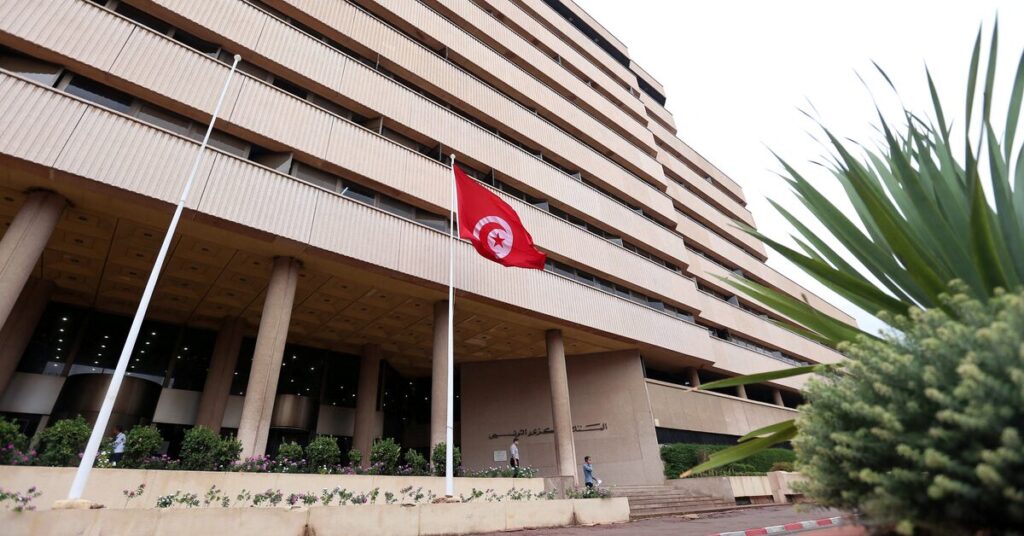Tunisia has a mixed commercial system, combining free-market principles with government regulation and a growing private sector. Here’s an overview of the commercial system in Tunisia:
1. Economic Model
- Mixed Economy: Tunisia blends private enterprise with state involvement, especially in strategic sectors like energy, water, and transportation.
- Market-Oriented Reforms: Since the 1990s, Tunisia has moved toward liberalization, privatization, and international trade integration.
2. Types of Commerce
Formal Sector
- Includes registered businesses, corporations, retail chains, and banks.
- Operates under regulations set by the Tunisian government and the Ministry of Commerce.
- Covers industries such as manufacturing, agriculture, technology, tourism, and trade.
Informal Sector
- A significant part of the economy, especially in local markets and rural areas.
- Includes street vendors, unregistered shops, and small-scale traders.
- Often lacks regulation but plays a major role in employment and daily trade.
3. International Trade & Commerce
- Tunisia is a member of:
- World Trade Organization (WTO)
- African Continental Free Trade Area (AfCFTA)
- European Free Trade Agreements (especially with the EU)
- Major exports:
- Olive oil, textiles, electrical components, dates, seafood
- Key partners: European Union (esp. France, Italy, Germany), Algeria, Libya, China
4. Business Environment
- Small and Medium Enterprises (SMEs) make up over 90% of the private sector.
- Tunis, Sfax, and Sousse are major commercial hubs.
- Tunisia has free trade zones and industrial parks to attract foreign investors.
- The Central Bank of Tunisia oversees monetary policy and financial stability.
5. Regulatory Framework
- Businesses must register with:
- Tunisian Trade Register
- Tax authorities (for VAT and corporate tax)
- Governed by the Commercial Code and Investment Code.
- The government supports commerce through:
- Digitalization
- Entrepreneurship programs
- Export promotion


